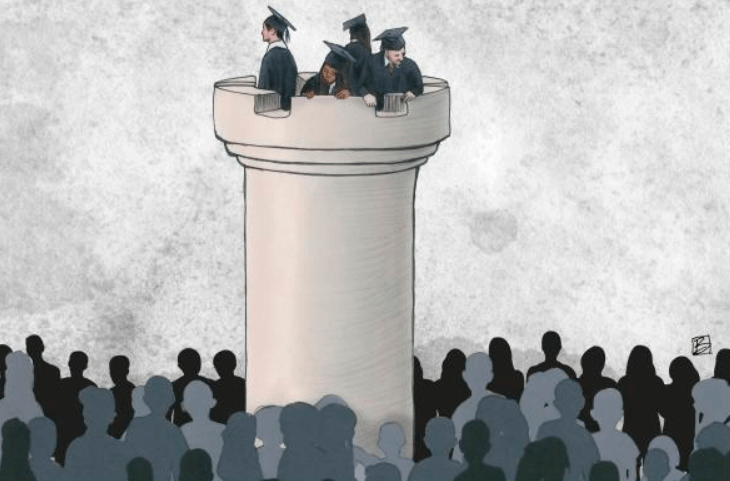WHEN IT’S TIME TO WHISPER
Our knowledge of demographics and trends has been massively enlarged thanks to the countless studies, research projects, and data collection on millennials (those born approximately 1980 to 1995). As grateful as we are for all that millennial insight, a new wave is rolling onto the demographics landscape. Move over, millennials! Here comes Generation Z (those born in or after 1996).
As with every generation, Generation Z will bring its own unique influence to all aspects of how we live, do business, and function in the exciting future that awaits us. Fascinating insights also arise by comparing Generation Z to its older sibling generation, the millennials. Based on research by the new agency, “sparks & honey,” Erik Oster, writing for Adweek , shares some important insights about where Generation Z is at on social media. Here are some of the key points:
- Although 42% of Generation Z was on Facebook in fall 2012, that quantity dropped to 33% in spring 2013, and 23% in fall 2013.
- With just 12% of Generation Z on Instagram in fall 2012, that quantity rose to 17% in spring 2013, and 23% in fall 2013.
- Generation Z prefers more privacy on social media compared to other generations. These include sites and apps such as Snapchat, Whisper, and (before it shut down) Secret.
These observations reveal much about the online habits of Generation Z. Just because Facebook has been the landing spot for so many youngsters does not mean it still is. Advertisers and marketers who want to gain the attention of this new generation will need to look for ways to shift their presence to the more popular platforms. Failing to do so will only give more voice to your competition.











